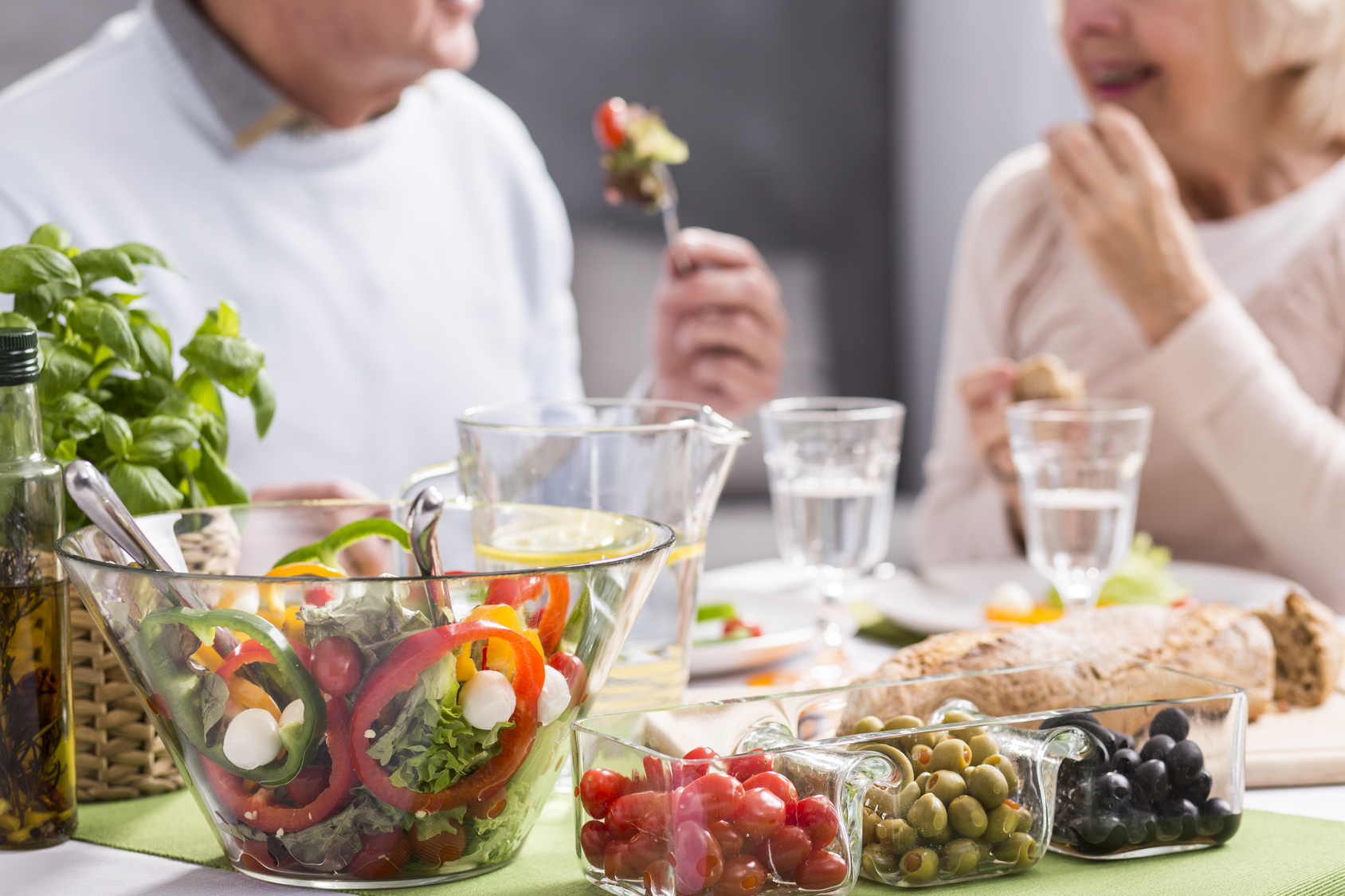You can get coupons for fresh fruits, veggies, honey, and herbs from the Senior Farmers’ Market Nutrition Program (SFMNP). These coupons can be used at farmers’ markets, roadside stands, and community farms. Seniors must be at least 60 years old and make at least 185% of the federal poverty level to be qualified.
How Seniors Can Access Fresh, Nutritious Food: Your Guide to SFMNP, CSFP, and More
The Commodity Supplemental Food Program (CSFP) sends low-income adults aged 60 and up a package of healthy food every month. The USDA sends the food to local organisations so that seniors can pick it up. In some places, seniors who qualify may get the food brought to them.
To apply, seniors should call the SFMNP and CSFP offices in their state. They might still be able to get SNAP if these programs aren’t offered.
SNAP helps people and families in need, like seniors, buy healthy food. It helps them spend less on food. The Child and Adult Care Food Program (CACFP) helps pay for healthy meals and snacks for adults who are qualified and enrolled in adult day care centres that participate.
People over the age of 65 in Pennsylvania can call their local Area Agency on Ageing to learn more about meals and other programs in their area.
Food assistance programs for older adults
Seniors aged 60 and up with low incomes can get help with food through federal and state programs. This kind of help gives people coupons for farmers markets, extra food, nutrition benefits, and meals at adult day care.
Most of the time, age and wealth determine eligibility. Seniors can apply for programs and find out about local ones by calling their state offices. Here are some of the most important food aid programs in the US for older adults:
Supplemental Nutrition Assistance Program (SNAP)
Helps low-income people buy healthy food by adding to their food budget with nutrition benefits. Benefit levels and who is eligible depend on things like family size, income, costs, and more.
Senior Farmers’ Market Nutrition Program (SFMNP)
Gives low-income seniors coupons (usually around $20) that they can use at farmers’ markets that participate to buy fresh fruits and veggies grown in the area. For seniors who are qualified, coupons are given out on a first-come, first-served basis.
Commodity Supplemental Food Program (CSFP)
Low-income people over 60 years old can get a monthly package of healthy USDA foods to help them eat better. The USDA sends the food to local groups so that participants can pick it up.

Community Dining Programs
Up to five days a week, serve healthy meals to older people at about 1,000 places across the country, such as senior centres. There is no charge for the food, but donations are welcome. There may be transportation available.
Home-Delivered Meals Programs
Bring healthy food to the homes of seniors who can’t cook for themselves and don’t have anyone to help them. Up to five days a week, meals are given for free, but donations are welcome.
To find out specific eligibility requirements and how to apply for these programs:
- Contact your local Office for the Aging or the central Eldercare Locator service
- Visit the websites of the USDA Food and Nutrition Service or Benefits.gov
- Call the National Hunger Hotline at 1-866-3-HUNGRY
The goal of these programs is to improve the health of older people with low incomes by giving them access to healthy foods. Some also want to get more people to eat food that was grown in the area. Connecting with these services that help seniors get food can be a big help in making sure they eat healthy meals
Also See:- The 2025 COLA from Social Security Seems to Be a Two-Tedged Sword for Retirees















Leave a Reply